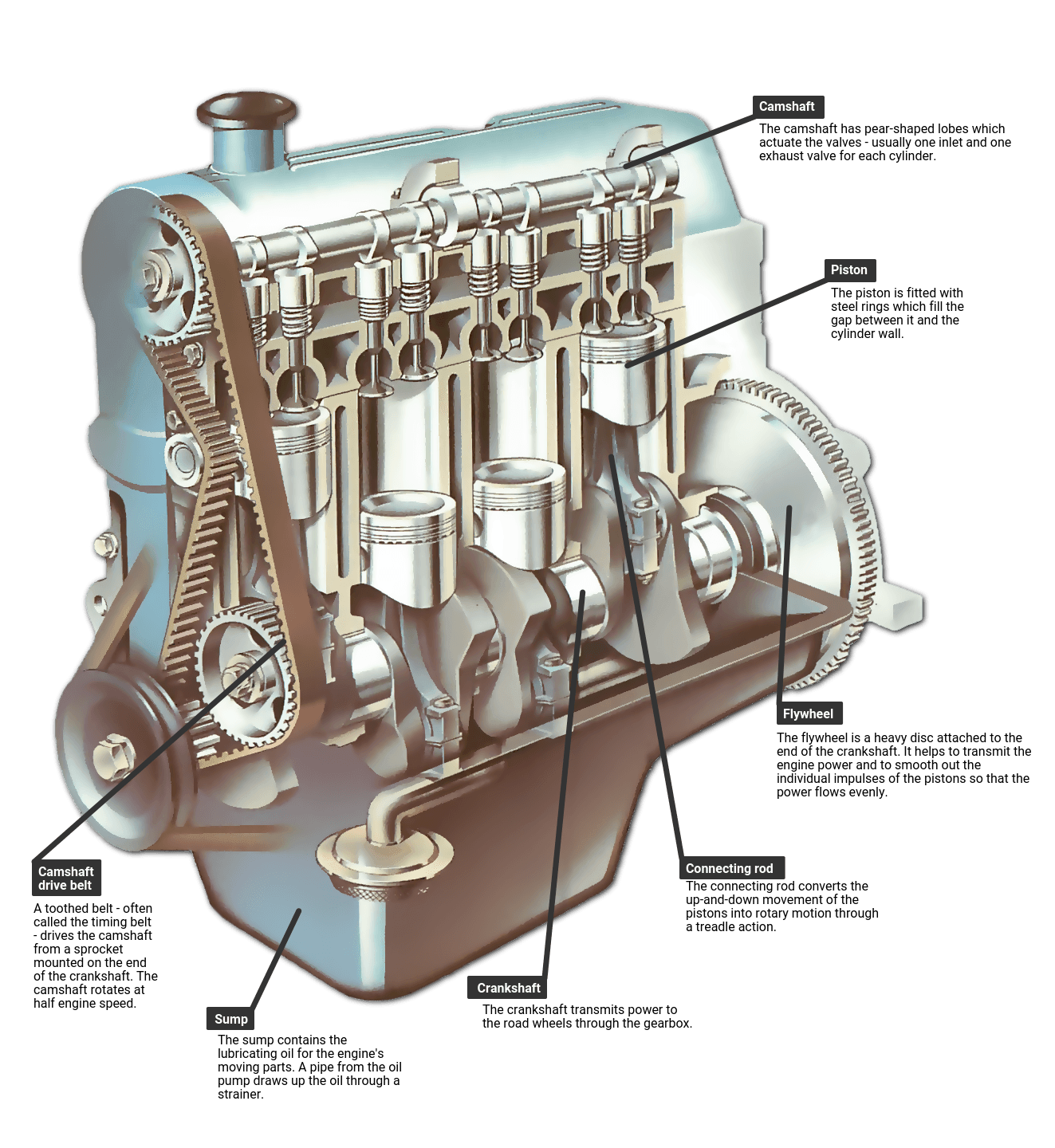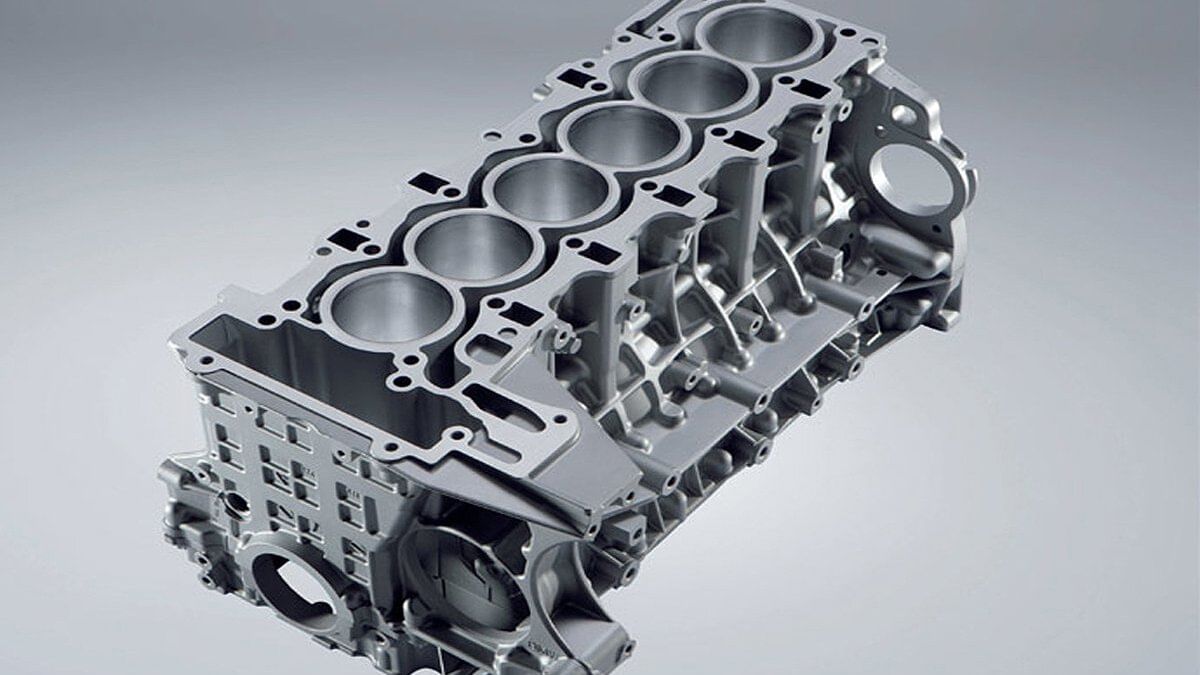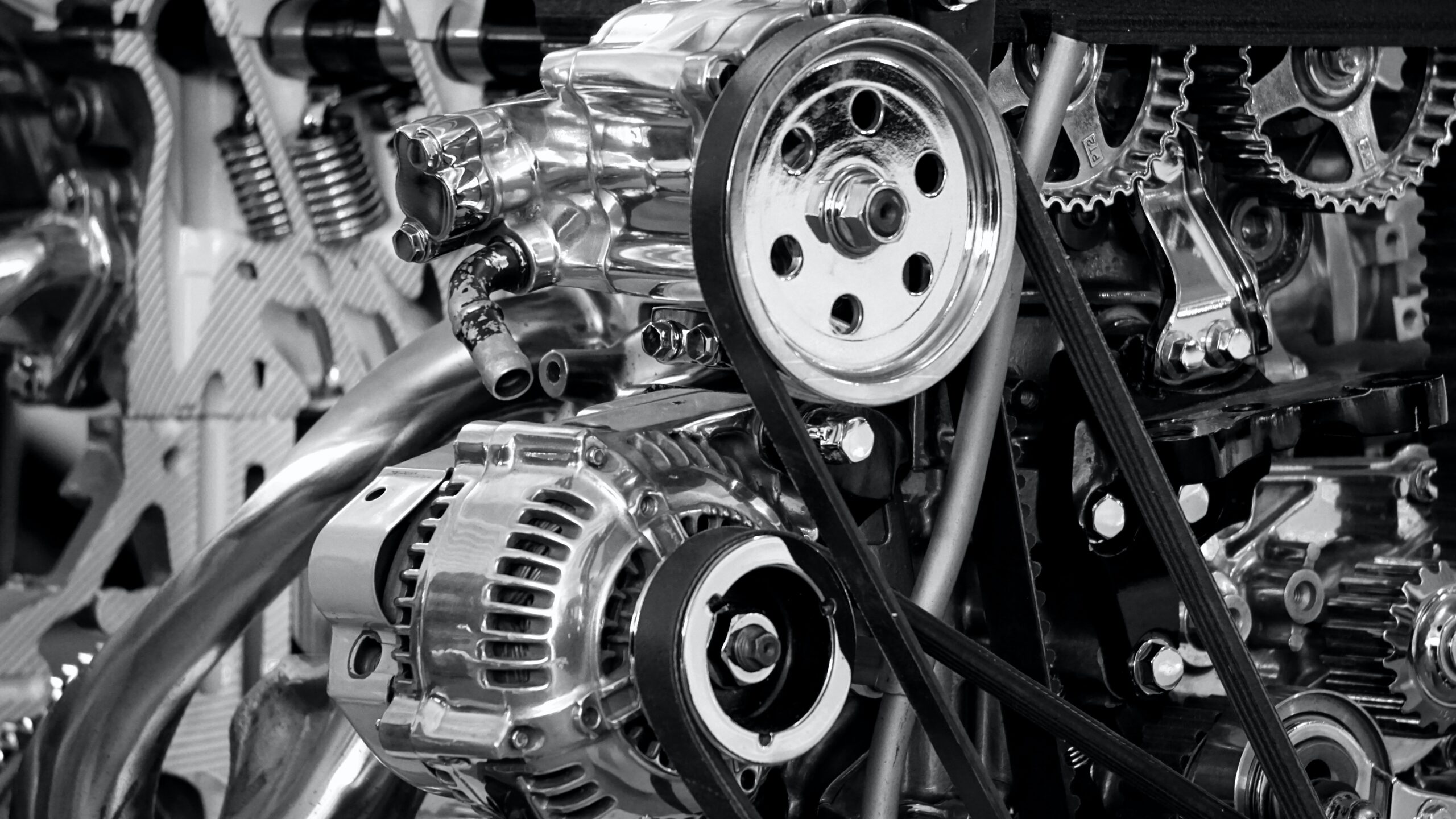Engines For Africa: Leading copyright of Costs Engines
Engines For Africa: Leading copyright of Costs Engines
Blog Article
Discover a Large Range of Engines for every single Automobile and Purpose
The automotive landscape is significantly complicated, with a varied array of engine types designed to meet particular efficiency and efficiency demands throughout numerous car categories. From the high-performance engines that power sporting activities vehicles to the fuel-efficient options tailored for everyday travelling, the options are large and differed. Additionally, sturdy engines serve the requirements of work vehicles, while green alternatives are acquiring grip in the quest of sustainable transport. Comprehending these differences is essential for making informed choices, specifically as arising modern technologies remain to form the future of automotive design. What ramifications might these improvements hold for consumers and manufacturers alike?
Kinds Of Automotive Engines
Automotive engines can be categorized right into a number of distinct types, each designed to fulfill certain performance and performance requirements. One of the most common groups include inner burning engines, electric engines, and crossbreed systems.

Electric engines, on the various other hand, operate on electrical power stored in batteries, providing immediate torque and zero discharges. These engines are coming to be progressively preferred as a result of improvements in battery technology and the growing focus on sustainability.
Hybrid systems integrate both inner burning and electrical engines, making it possible for vehicles to enhance gas performance and decrease exhausts by seamlessly changing in between power resources. Each engine type presents its downsides and advantages, affecting aspects such as car design, meant use, and market need. When selecting the appropriate engine for their particular needs., recognizing these distinctions is essential for customers and makers alike.
Efficiency Engines for Sports Cars
Performance engines for sports cars are particularly crafted to supply boosted rate, agility, and power, setting them in addition to basic vehicle engines. These engines commonly make use of innovative technologies such as turbocharging, supercharging, and variable valve timing to take full advantage of effectiveness and responsiveness.
Normally, performance engines are developed with greater compression ratios, which permit higher power extraction from fuel. This results in excellent horse power and torque figures, enabling quick acceleration and higher full throttle. In addition, the light-weight materials used in these engines, such as light weight aluminum and carbon fiber, contribute to lowered total car weight, improving handling and maneuverability.
Engine arrangements like V6, V8, and also hybrid systems are typical in performance cars, each offering distinct benefits in terms of power distribution and driving dynamics. The tuning of these engines is also essential; many suppliers optimize the engine monitoring systems to give a thrilling driving experience, often consisting of sport modes that readjust throttle reaction and gear shifts.
Reliable Engines for Daily Commuters
In the realm of day-to-day travelling, effective engines play a critical duty in enhancing fuel economic climate and lessening discharges while offering reliable performance. As urban populations grow and ecological concerns escalate, the need for automobiles outfitted with reliable powertrains has actually surged.
Modern engines made for everyday travelers frequently include technologies such as turbocharging, straight fuel shot, and hybrid systems. Turbocharging improves engine why not look here performance forcibly even more air into the combustion chamber, enabling smaller, lighter engines that do not endanger power outcome. Direct gas injection enhances fuel atomization, causing better burning and raised performance.
Crossbreed engines, incorporating internal combustion with electric power, further boost fuel economic climate, particularly in stop-and-go traffic, where conventional engines can deal with ineffectiveness. Electric electric motors aid throughout acceleration and can run separately at low rates, minimizing total gas intake.
Additionally, improvements in engine administration systems and light-weight materials contribute considerably to effective engine layout. By focusing on efficiency, longevity, and ecological sustainability, suppliers remain to provide engines that not only satisfy the demands of daily travelling however also line up with international initiatives to minimize carbon footprints.
Heavy-Duty Engines for Job Vehicles
Durable engines for job lorries are consistently engineered to supply exceptional torque and reliability under demanding conditions. These engines are made to do in atmospheres where conventional engines may falter, such as building websites, logging procedures, and farming settings. The main emphasis of heavy-duty engines is their capability to create high degrees of power while maintaining durability over extended periods of procedure.
Usually, sturdy engines use sophisticated materials and robust construction techniques to stand up to the roughness of hefty workloads. Attributes such as reinforced cylinder blocks, page enhanced cooling systems, and advanced gas injection modern technologies add to their performance. These engines typically run at reduced RPMs, which helps to enhance fuel performance while providing the needed power for hauling and lugging.
Along with mechanical effectiveness, heavy-duty engines are frequently geared up with innovative digital control systems (ECUs) that manage performance, exhausts, and diagnostics. This combination permits better tracking and maintenance, ensuring that job vehicles remain reliable and functional.
Inevitably, durable engines are an important element in the efficiency of different industries, supplying the needed power and reliability to deal with the hardest of visit site tasks.
Eco-Friendly Engine Options
The expanding emphasis on sustainability has caused the development of green engine choices that focus on reduced discharges and improved fuel effectiveness. These engines are designed to reduce the environmental impact of lorries while still delivering the efficiency and dependability expected by consumers.
Among one of the most significant green alternatives are electric and hybrid engines. Crossbreed engines integrate conventional internal burning engines with electrical propulsion, permitting lowered fuel consumption and lower greenhouse gas emissions. Electric engines, on the various other hand, run entirely on battery power, creating zero tailpipe emissions and adding to cleaner air high quality.
One more encouraging growth is the improvement of biofuel engines, which utilize renewable energies, such as plant products, to power cars (Engines For Africa). By making use of biofuels, these engines can reduce reliance on fossil fuels and reduced overall carbon impacts

As the auto market progresses, environment-friendly engine options will certainly play an important duty in driving the shift in the direction of more sustainable transport services.
Final Thought
The vehicle sector supplies a diverse variety of engines designed to satisfy various automobile needs and objectives. From high-performance engines that improve cars abilities to reliable versions focusing on fuel economic climate for everyday travelers, each type serves a specific feature. Heavy-duty engines deal with robust job vehicles, while environmentally friendly choices, such as electric and biofuel engines, advertise sustainable transportation. This comprehensive array ensures that all driving needs are resolved, contributing to advancements in auto modern technology and environmental stewardship.

Report this page